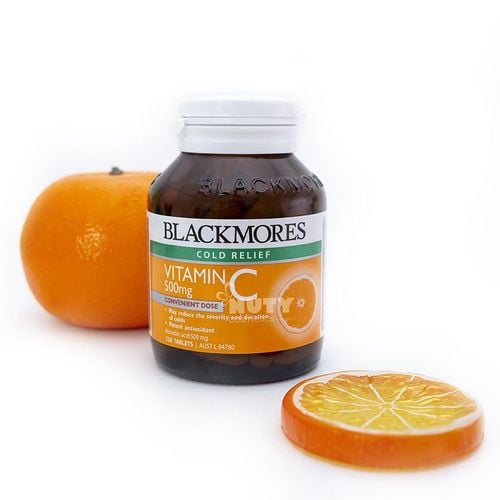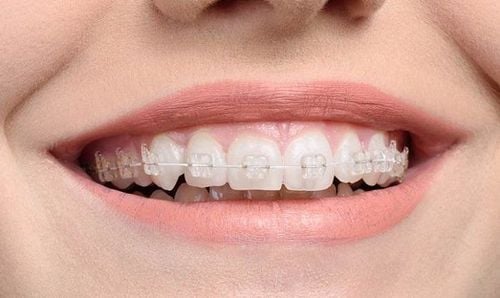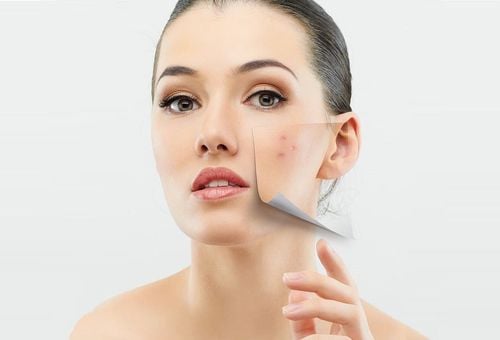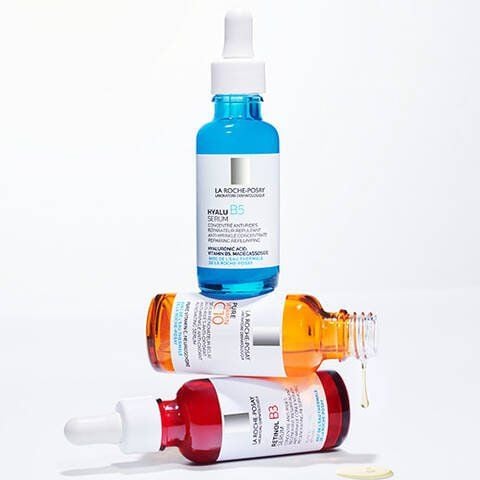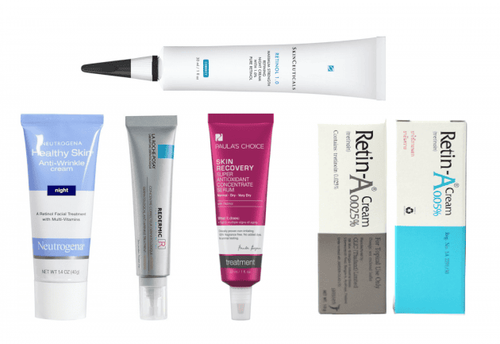This is an automatically translated article.
Retinol is a form of vitamin A that works to reduce lines and wrinkles by increasing collagen production, stimulating the production of new blood vessels in the skin to help improve skin tone. Because of its many benefits, some women are still confused about how to use it as well as the possible side effects.
1. What is retinol?
Retinol is a form of vitamin that belongs to a group of vitamin A derivatives known as retinoids. This is a commonly used and widely studied anti-aging compound that works to reduce wrinkles, fine lines, enlarged pores and more. Retinol is a low-concentration form of retinoids that are readily available over the counter without a prescription.2. How does retinol work?
Retinol is made from derivatives of vitamin A. They work by neutralizing free radicals in the skin that can cause collagen damage. Collagen is one of the substances needed for youthful and healthy skin. As we age, the body begins to produce less collagen and elastin, even breaking down collagen, elastin, and fat stores. This can cause the skin to thin and sag, leading to more wrinkles.
Accordingly, retinol works to reduce lines and wrinkles by increasing production and maintaining collagen reserves. They stimulate the production of new blood vessels in the skin, helping to improve skin tone. This can help fill or reduce the appearance of existing wrinkles and help prevent new ones from forming.
MORE: Retinol for acne: How to use it safely, side effects
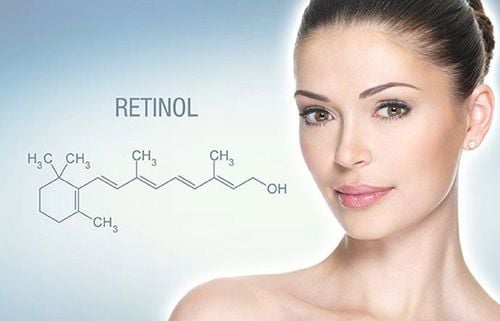
Retinol giúp trẻ hóa làn da và cải thiện màu da
3. What are the benefits of Retinol?
Retinol has so many uses, it can be used to treat acne and fade dark areas. Besides, retinol reduces signs of aging, treats wrinkles and sun damage.
In addition, other benefits of retinol such as:
Reduce age spots, overall pigmentation Soften rough patches of skin Increase skin texture Reduce hydration level
4. What side effects can retinol cause?
High concentrations of retinol drugs such as retin-A and accutane carry a high risk of side effects. Unwanted effects of using retinol are irritation, redness, dryness, and peeling, especially when you first start using the product. Besides, you are also more likely to experience side effects if you use multiple anti-aging products at the same time.
When using retinol can cause sunburn. Over time, you may also be at risk for age spots. To reduce this unwanted effect, apply a broad-spectrum sunscreen daily. Also, do not use retinoids in pregnant or nursing women.
5. Who should not use retinol?
Retinols can be used on almost all skin types, however it is not a suitable method for everyone. People who should not use retinol include:
Skin diseases: For people with sensitive skin conditions such as rosacea should not use strong topical products. Regular sun exposure: retinol can make the skin more sensitive to the sun, so it's important to use sunscreen regularly even when it's not sunny outside. Pregnant and lactating women.

Những người thường xuyên phải tiếp xúc với ánh nắng mặt trời không nên Retinol
6. How do I add retinol to my skincare routine?
When using retinol, the skin care process will be slightly changed, specifically as follows:
Clean the skin with cleanser Exfoliate Use toner Apply retinol product Apply moisturizer Use sunscreen Because retinols can dry out the skin, so it's a good idea to use an effective moisturizer to help keep skin hydrated and protect its barrier. If you are using any other topical acne treatments consult a dermatologist.
7. How to Use Retinoids Safely
Retinol can cause irritation and dryness, especially when you first start using the product. Therefore, before using the product, check for an allergic reaction and use the product after 2-3 weeks of stopping the old product to give the skin time to regenerate. To reduce the risk of side effects, you can use a product with a lower concentration of retinoids and gradually increase the concentration as needed.
How to test for skin irritation is:
Apply a small amount of product to the skin surface of the forearm. Cover the area and watch for 24 hours If you start to experience irritation or inflammation do not use this product. Conversely, if you do not experience any symptoms within 24 hours, the product can be used. To prevent sunburn, you should use retinol every night before going to bed. After cleansing and nourishing your skin as you would your daily skin care routine, before applying your nighttime moisturizer, apply retinoids to the surface of your skin. Retinol is only used at night because it is intense and sensitive to UV rays. Make sure that you regularly use a sunscreen with at least SPF 30+ during the day to reduce your risk of side effects.
8. What are some retinol products to use?
Some of the over-the-counter retinol products that are easily found on the market include:
Olay Regenerist Retinol 24 Moisturizing Cream: this is a product that uses a retinoid and vitamin B3 complex to help reduce fine lines and wrinkles and Improves dark spots, improves skin tone and texture. Cosmedix Elite Serum 24: treats wrinkles and boosts collagen production, brightens and smooths skin, it's suitable for anyone with normal to dry skin. SkinMedica Retinol Complex: is a highly recommended product when a boost in product concentration is needed. La Roche-Posay Redermic R retinol cream: specially designed for sensitive skin, this is the right product for those with wrinkles and pigmentation.
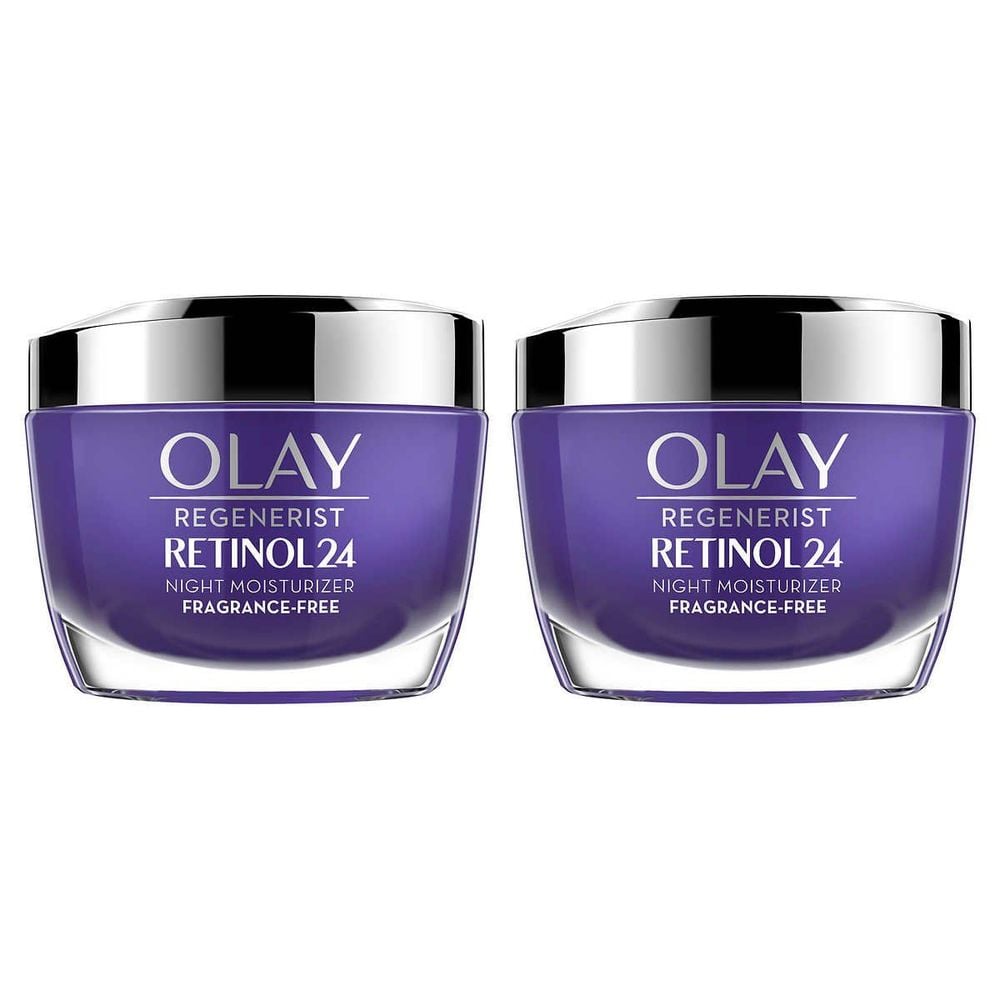
Sản phẩm Olay Regenerist Retinol 24 được khuyến khích sử dụng để retinol
9. How long does it take for the new product to take effect?
Retinol products are not a quick fix. Although high concentration retinoids can work for several weeks, it can take up to 6 months for low concentration products. For acne-prone skin conditions will see results in 12 weeks, but sun damage and signs of aging can take much longer to improve.
In a nutshell, retinol is a low-concentration, over-the-counter form of vitamin A derivative. Retinol works to prevent aging, improve pigmentation, age spots,... However, skin is often sensitive to the sun when using retinol, so you need to make sure to apply sunscreen regularly. . If you still have doubts about your skin condition, visit a dermatologist for advice on choosing the right product.
Please dial HOTLINE for more information or register for an appointment HERE. Download MyVinmec app to make appointments faster and to manage your bookings easily.
Reference source: healthline.com




